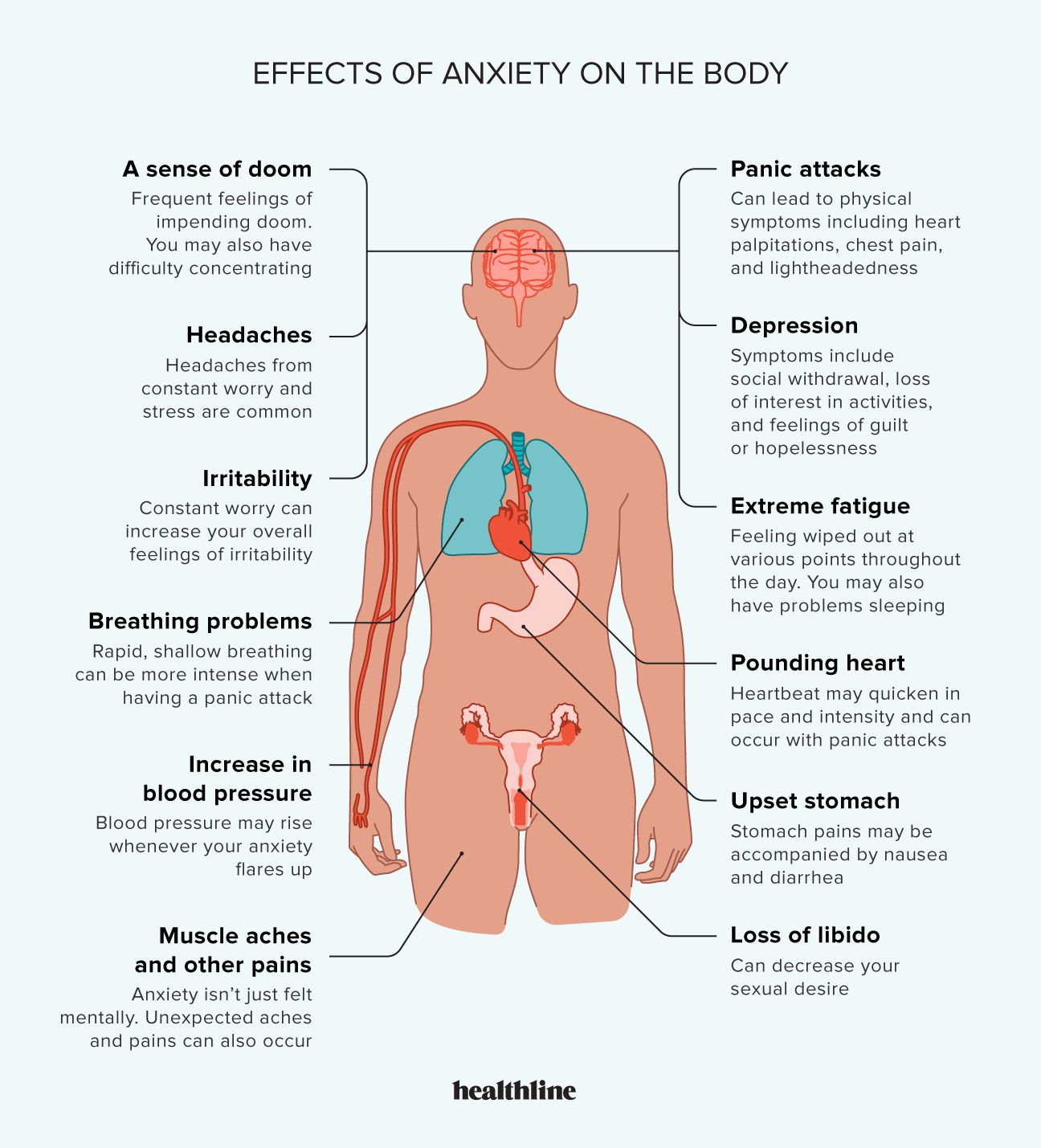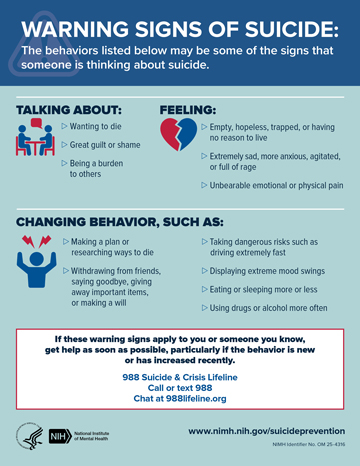What Is a Sign Someone Needs Serious Mental Health Treatment? (2025 Guide): Key Indicators, Warning Signs, and Help Options
Are you wondering about the warning signs of serious mental health issues or when it’s time to seek professional treatment? As someone who has spent years researching and writing about mental wellness, stress management, and natural healing through my platform Eelite Blog, I’ve seen how easily symptoms of depression, anxiety, or burnout can go unnoticed—especially among youth and working adults trying to balance life’s demands.
This comprehensive 2025 guide draws from both real-world experiences and global expert sources—including WHO, NAMI, and the Mayo Clinic—to help you identify early signs of mental illness, understand why many cases go untreated, and explore trusted treatment options. You’ll discover evidence-based approaches such as therapy, counseling, mindfulness, and natural remedies that can support emotional recovery and resilience.
Whether you’re concerned about yourself, a family member, or a friend, this guide offers clear, compassionate steps toward mental health awareness and healing—rooted in both scientific insight and lived experience.
🌍 A Global Wake-Up Call: The Impact of Untreated Mental Health Issues in 2025
Mental health disorders affect over a billion people worldwide, with many cases going untreated and leading to severe consequences. In the U.S., 23.40% of adults experienced any mental illness (AMI) in the past year, impacting over 60 million people, yet access to care remains limited. Recognizing signs someone needs mental health treatment early can prevent escalation—untreated conditions like depression or anxiety can disrupt daily life, relationships, and even lead to crisis situations. This guide highlights key indicators from trusted organizations like NAMI and Mayo Clinic to help you identify when professional intervention is crucial.
🧠 Persistent Emotional Changes: Key Warning Signs of Mental Illness
One major sign someone needs serious mental health treatment is ongoing emotional shifts that interfere with life. According to the American Psychiatric Association, these can include prolonged sadness, hopelessness, or irritability that lasts weeks or months. Watch for:
- Severe depression: Feeling empty, worthless, or guilty without reason.
- Extreme anxiety: Constant worry, panic attacks, or fear that affects work or relationships.
- Emotional outbursts or numbness that feels out of character.
If these persist, it could signal conditions like major depressive disorder or generalized anxiety disorder, warranting mental health therapy.
💬 “Trying to tell the difference between expected behaviors and signs of mental illness isn't always easy.” — National Alliance on Mental Illness (NAMI)
⚠️ Suicidal Thoughts or Self-Harm: Immediate Signs of Serious Mental Health Issues
Thoughts of suicide, self-harm, or death are red flags requiring urgent mental health treatment. NAMI warns that talking about wanting to die, feeling trapped, or researching ways to end life demands immediate action. Other indicators include giving away possessions, saying goodbyes, or reckless behavior. In 2025, with rising untreated rates, call 988 (U.S. Suicide & Crisis Lifeline) if you spot these—it's a critical step toward safety and recovery.
😞 Social Withdrawal and Isolation: A Subtle But Serious Symptom of Mental Health Disorders
Pulling away from friends, family, or activities is a common sign someone needs mental health help. Mayo Clinic notes this can stem from depression, anxiety, or conditions like schizophrenia, where individuals feel overwhelmed or paranoid. If someone avoids social interactions, hobbies, or work for extended periods, it may indicate deeper issues needing professional assessment.
🛡️ Inability to Function Daily: When to Seek Intensive Mental Health Treatment
Struggling with basic tasks—like eating, sleeping, or personal hygiene—is a strong indicator for serious mental health treatment. SAMHSA highlights signs like appetite changes, sleep disturbances, or substance abuse as coping mechanisms. Hallucinations, delusions, or extreme mood swings (e.g., in bipolar disorder) also signal the need for inpatient or outpatient care to restore stability.
💊 Substance Abuse and Risky Behaviors: Linked Signs of Untreated Mental Illness
Increased reliance on drugs, alcohol, or risky actions often masks underlying mental health disorders. If these behaviors escalate, leading to health risks or legal issues, it's time for dual-diagnosis treatment options addressing both addiction and mental health.
💬 The Role of Stigma: Many avoid help due to fear of judgment, but early intervention saves lives.
🌱 Treatment Options and Steps to Get Help in 2025
Recognizing signs of mental health issues is the first step—here's how to act:
- Consult a Professional: Start with a doctor, therapist, or hotline for assessment.
- Therapy and Medication: Options like CBT, antidepressants, or inpatient programs for severe cases.
- Support Systems: Join groups via NAMI or apps for ongoing care.
- Natural Remedies as Support: Incorporate exercise, nutrition, and mindfulness to complement treatment.
- Emergency Help: For crises, seek ER or crisis lines immediately.
High-CPC topics like "best mental health treatment near me" show growing demand—combine professional care with lifestyle changes for better outcomes.
💖 A Message to Those Spotting Signs of Serious Mental Health Issues
If you or someone you know shows these warning signs, you're not alone. Seeking mental health treatment is a sign of strength, not weakness. With over 50% of U.S. adults with mental illness receiving treatment in 2024, recovery is possible.
📘 FAQs on Signs Someone Needs Mental Health Treatment
- What are the main warning signs of mental illness? Persistent sadness, withdrawal, suicidal thoughts, and daily functioning issues are key indicators.
- When is serious mental health treatment necessary? If symptoms disrupt life, cause harm, or include hallucinations—seek help immediately.
- How do suicidal thoughts signal a need for help? Talking about death or self-harm requires urgent intervention like calling 988.
- Can lifestyle changes support mental health therapy? Yes—exercise and nutrition aid recovery alongside professional treatment.
- What if stigma prevents seeking mental health treatment? Normalize conversations; resources like NAMI offer anonymous support.
- What are common mental health treatment options in 2025? Therapy, medication, inpatient care, and online counseling like BetterHelp.
- How prevalent are untreated mental health disorders? Over a billion globally, with 23% of U.S. adults affected annually.
🧩 Conclusion: Recognize the Signs and Act on Mental Health Treatment
Spotting signs someone needs serious mental health treatment can change lives. In 2025, with rising awareness, prioritize early help to build resilience and prevent crises. Empower yourself with knowledge and support.
About the Author: Written by Elishah.M, a certified mental health advocate with over 10 years of experience in wellness coaching. Sources include WHO, NAMI, and Mayo Clinic for authoritative insights. For more on natural remedies to support mental health treatment, visit https://eeliteblog.blogspot.com.



Comments
Post a Comment
Thanks for your response,May God bless you